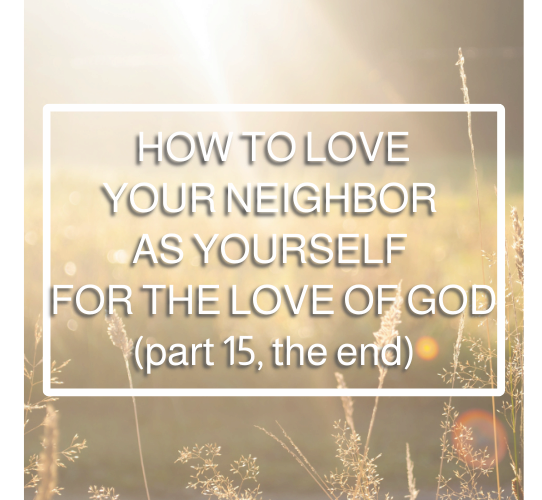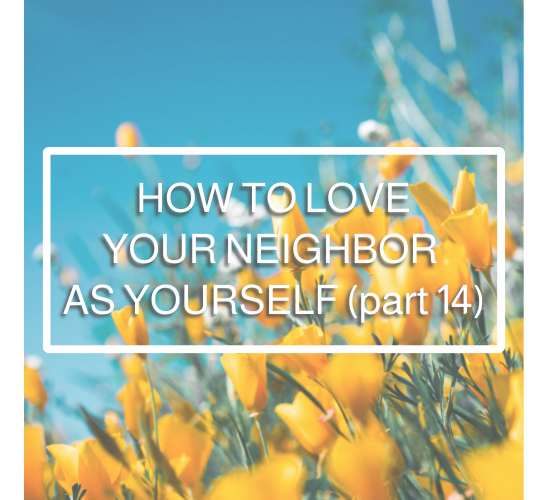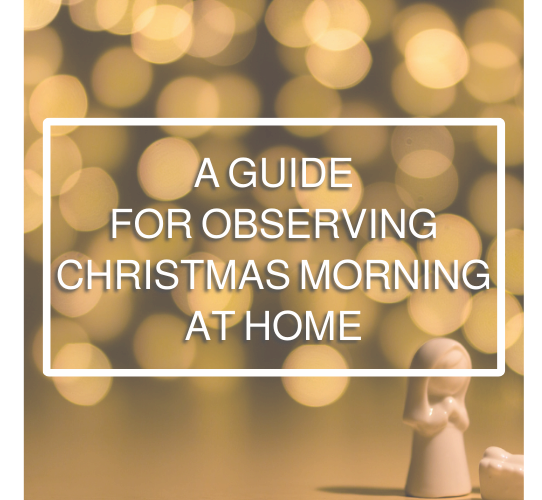Known
Known
What we are is known to God (and I hope it is known also to your conscience).
-2 Corinthians 5:11
Sometimes we feel alone. Like, no one really knows you. Which means that no one really cares enough to get to know you.
This is a deep, heavy, sadness that all of us feel sometimes. We say to ourselves, “You’re all alone in this, pal. No one really knows you. No one really cares.”
There's some truth to these painful claims, but the situation is a bit complicated.
First, people are selfish. And because people are selfish they are more interested in being known than in getting to know others. (And since we are people too, this is also true of each one of us.) We all care more about ourselves. This makes knowing and being known complicated. We just aren’t that interested in each other. And, really, how much of who we are do we want people to know? After all, I can be surprisingly selfish too. I'm not sure I really want to be known that well!
Second, human knowledge of human persons is fragile. It is difficult to know a person. Persons are complicated, and our ability to know things is imperfect. Take, for example, your self. How well do you even know... you? Humans—eg. all of us—are complicated creatures. So then, how well can a human person know another human person? People are complicated; you are complicated. Our ability to know each other is weak. Our knowledge is easily distracted, reshaped, wrongly remembered, misinterpreted, etc. None of us are as observant as we think, as smart as we think, or as understanding of what little we observe and learn as we think. All our knowledge is obscured, and then bent towards our selves. Further complications.
Third, we all ache to be loved. Those previous observations are further complicated by the sheer intensity we bring to knowing-and-being-known. We long to be loved enough to be known. And then we long to be loved enough so that we are still loved even after what we are becomes known. This, for example, is the hope and the wound of marriage and family. These begin with the promise of being loved, known, and yet loved still. But too often this is too much. It is complicated and difficult even in the strongest relationships and healthiest families, and there aren’t all that many of those. Yet the ache persists, far beyond any other person’s ability to quiet it.
Is there any relationship available to us wherein we may be selflessly cared for, fully and completely known, and still beloved?
There is one.
What you are is known to God.
(What are you? Weakness, folly, strength, glory, shame, regret, beauty, and goodness? He knows you.) And He still calls you “mine” and “beloved.”
What about relationships with other people? “I hope…” Paul says.
The church embodies the hope of a love like God’s in human community. But… well, 1 and 2 Corinthians testify to this being… complicated.
What we are is known to God. And it’s nice to have friends and loved ones, but don’t ask from them what they cannot ever provide. It’s great to have friends, but it’s essential to have the love our God has for you.
What you are is known to God. He knows you. He knows you and calls you “mine.” You’ll be okay.
Photo by Marco Bianchetti on Unsplash











